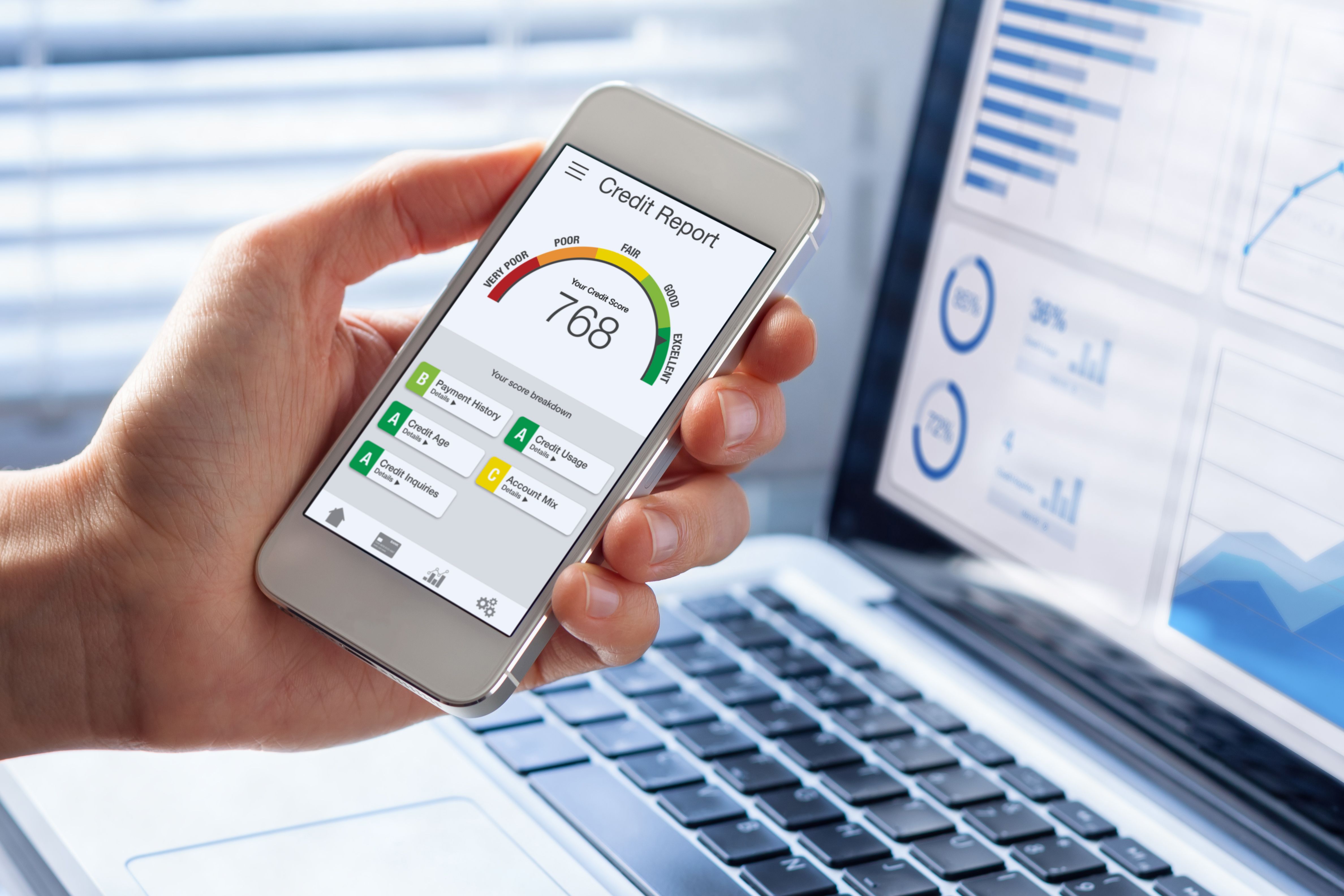Boost Your Credit Score: Simple Steps to Financial Health
LM
Understanding Your Credit Score
Your credit score is a crucial component of your financial health. It serves as a numerical representation of your creditworthiness, influencing the interest rates you receive on loans and credit cards, as well as your ability to rent an apartment or even secure certain jobs. Understanding what impacts your credit score is the first step in improving it.
Credit scores are based on several factors, including your payment history, the amount of debt you owe, the length of your credit history, and the types of credit you use. By focusing on these areas, you can take actionable steps to boost your score.

Pay Your Bills on Time
Your payment history is one of the most significant factors in determining your credit score. Late payments can have a severe impact, so it's essential to pay at least the minimum amount due on all your bills by their respective due dates. Setting up automatic payments or reminders can help ensure you don't miss any deadlines.
If you've fallen behind on any payments, work on catching up as quickly as possible. Contact your creditors to discuss any possible payment arrangements that can help you get back on track. Consistently paying your bills on time will gradually improve your credit score.
Reduce Your Debt Load
The amount of debt you owe is another key factor in your credit score. High levels of debt can negatively affect your score, so it's important to manage and reduce it where possible. Start by creating a budget to track your spending and identify areas where you can cut back.

Consider using the "snowball" or "avalanche" method to pay off debts more effectively. The snowball method involves paying off smaller debts first to build momentum, while the avalanche method focuses on paying off debts with the highest interest rates first. Choose the strategy that works best for you and stick with it.
Maintain a Healthy Mix of Credit
Having a diverse mix of credit accounts can positively influence your credit score. This includes a combination of installment loans, like car loans or mortgages, and revolving credit, such as credit cards. However, it's crucial not to open new accounts unnecessarily, as this can lead to hard inquiries that may temporarily lower your score.
Instead, focus on responsibly managing the accounts you already have. Keep your credit card balances low relative to their limits and pay them off in full each month if possible. This demonstrates responsible credit use and can enhance your credit profile over time.

Monitor Your Credit Report Regularly
Regularly checking your credit report is essential for maintaining a healthy credit score. It allows you to identify any errors or fraudulent activity that may adversely affect your score. You are entitled to one free credit report annually from each of the three major credit bureaus—Equifax, Experian, and TransUnion.
Review these reports carefully and dispute any inaccuracies you find. Correcting errors can lead to an immediate improvement in your credit score. Additionally, monitoring your report helps you stay informed about your financial standing and make necessary adjustments to your credit management strategies.
Be Patient and Persistent
Improving your credit score doesn't happen overnight; it requires patience and persistence. By consistently following these steps—paying bills on time, reducing debt, maintaining a healthy mix of credit, and monitoring your credit report—you will see gradual improvements.
Building a solid credit history takes time, but the effort is well worth it for the financial benefits you'll reap in the long run. Stay committed to managing your finances responsibly and watch as your credit score reflects your dedication.